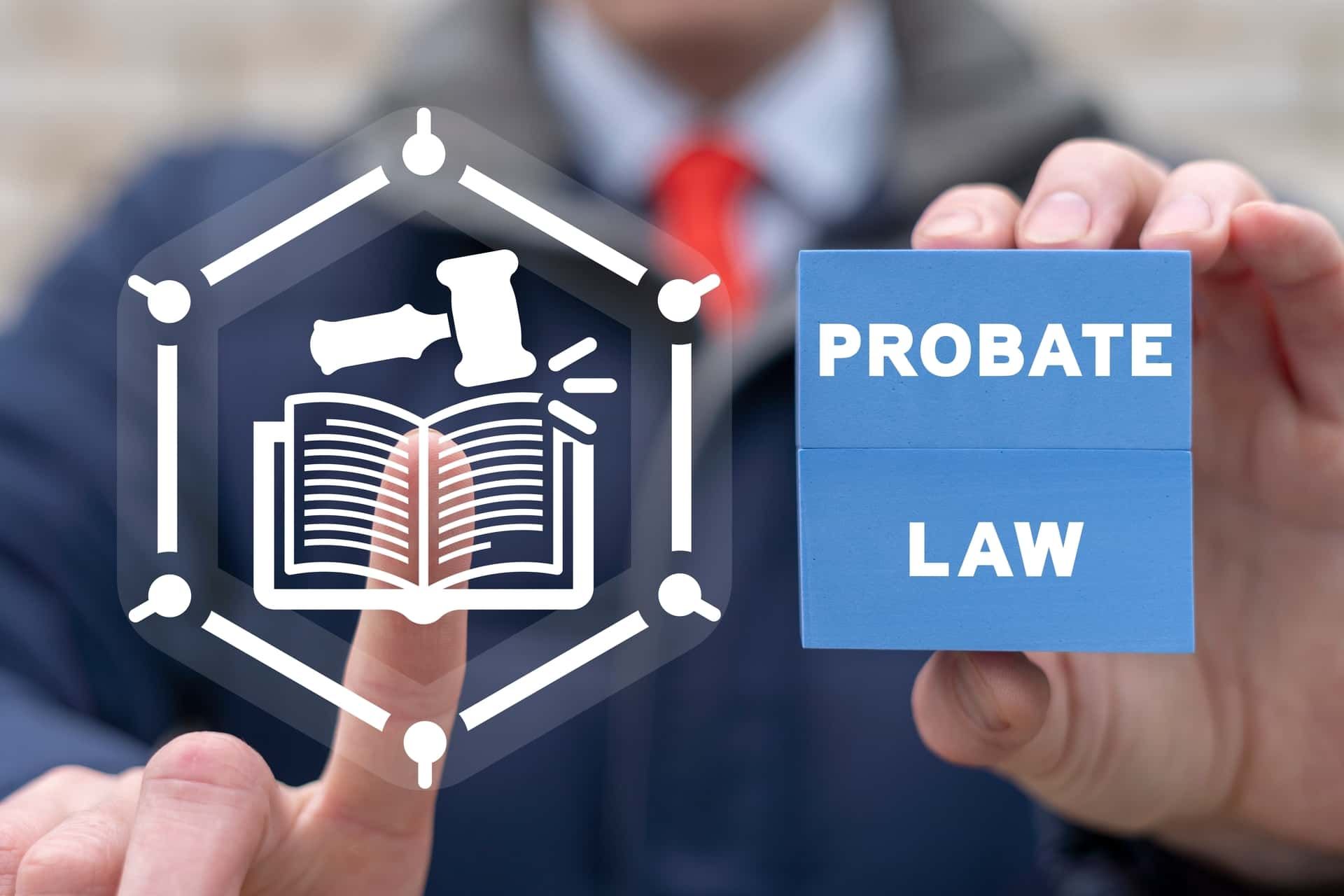Let’s Talk About FPUC
As you have heard in the news, Congress in early April 2020 passed the Coronavirus Aid, Relief, and Economic Security Act (the “CARES Act”), which represents the $2.2 trillion stimulus package that was intended to stabilize the economy during the COVID-19 crisis that taken many lives and has devastated the economy.
The CARES Act Constantly in the Headlines
The CARES Act has many provisions that have taken over the headlines in the last few weeks. For example, in the CARES Act is the now-famous Paycheck Protection Program (or “PPP”) that was intended to provide financial assistance to small businesses, but somehow led to the L.A. Lakers getting $4 million of taxpayer money.
The CARES Act is also the law that provided $1,200 stimulus checks to all Americans who made a certain salary in 2018 and 2019. Check back to our previous blog about the taxability of that stimulus payment (called the “Economic Impact Payment”) and for more information.
Finally, the CARES Act, in conjunction with the Families First Coronavirus Response Act (“FFCRA”) provides for unemployment assistance for Americans during this crisis. Specifically, the CARES Act provides that individuals who receive state-based unemployment benefits are eligible for an additional $600 per week on top of the unemployment benefits they are already eligible to receive.
Under the CARES Act, the provision is officially called the Federal Pandemic Unemployment Compensation Program or “FPUC.”
Accordingly, in this article, we will discuss FPUC and the taxability of the FPUC payment. If, after reading this article, you have additional questions about the FPUC or your tax situation this year, we invite you to contact The Law Office of Mary King, P.L. We are tax service law firm for individuals in Florida, and we are ready to provide you with quality legal advice on any individual tax issue. Call today at 941-906-7585 , or fill out our contact form. We are here to help you.
Eligibility for FPUC
The Department of Labor has recently put out important guidance on how the $600 payment on top of state benefits is administered. Key information about which state-based unemployment recipients are eligible for the $600 payments is included in that guidance.
1. Those Who Quit Their Job Are Generally Not Eligible
$600 extra per week is a substantial sum for many of us. In fact, a lot of people have an incentive to quit their jobs and collect unemployment – particularly in this uncertain time during the pandemic – because they will make more money with the FPUC than if they continued to work.
However, the Department of Labor (“DOL”) has made clear that “individuals are only entitled to benefits if they are no longer working through no fault of their own and . . . individuals must be able and available to work.” The DOL adds that “ quitting work without good cause to obtain additional benefits under the regular [unemployment] program or the CARES Act qualifies as fraud .”
In sum, it would not be a good idea to quit (and represent otherwise to the Unemployment agency) in order to obtain the additional $600 FPUC payment. That is because doing so may make you ineligible for any type of government benefit, may require you to pay back what you received, and may subject you to criminal prosecution.
2. States Have All Signed On to FPUC
The $600 FPUC payments were payable right after the state executed the applicable agreements with the DOL to receive the benefits. All states have executed those agreements. Thus, FPUC payments have already begun, starting the week ending April 4, 2020.
Notably, the FPUC payments will not last forever. The CARES Act establishes that all FPUC payments will stop on July 31, 2020, unless Congress passes additional legislation to continue the program.
3. If You Receive at Least $1 In Unemployment, You Are Eligible for FPUC
The CARES Act states that people who are eligible to receive unemployment benefits through their regular state-run unemployment agency, even if they are only eligible for $1 of benefit, are also eligible to receive the $600 FPUC payment.
That means that individuals who receive either total or partial unemployment benefits are able to obtain that extra $600 per week.
Taxability and Employer Contributions?
It is very important that you know that the $600 FPUC payments are taxable income . Unlike the $1,200 stimulus payment that you may have or will receive, which has been deemed not to be considered income for tax purposes, the $600 benefit every week is taxable. Therefore, you must claim that income on your 2020 tax return when you file next year.
One good piece of news for employers, however, is that states cannot charge employers for any FPUC benefits paid to employees in the state. Typically, an employer has a role in paying for unemployment benefits for their employees. The FPUC payment, however, is treated differently, and employers will not be on the hook for that additional $600 per week benefit.
In sum, the CARES Act is meant to help those most impacted by the coronavirus pandemic. It is clear that the execution of some provisions of the law is not perfect, and state unemployment agencies throughout the country have been overwhelmed by the number of people seeking benefits. Yet, hopefully, the FPUC payment will help us get through this together.
Get the Assistance of an Experienced Tax Lawyers in Florida – Call Mary E. King, Esq.
If you have questions about COVID-19 legislation, are struggling with back taxes, or if you are a business that needs to plan tax payments throughout the year, then you need the help of an attorney who has experience with tax planning attorney in Florida.
The Law Office of Mary King P.L. can help you with all of your tax needs. We are experienced tax lawyers in Florida , and we offer complete services in all areas from tax implications of alimony to planning the most efficient tax strategy for individuals and businesses. We are proud of the experience and resources we have to provide to our clients. Call our tax lawyers in Florida today to schedule an initial consultation. With years of experience, the Law Office of Mary E. King can make sure that your tax issues are resolved in your favor. Fill out our online contact form , or call us at 941-906-7585.
Disclaimer: The information on this website and blog is for general informational purposes only and is not professional advice. We make no guarantees of accuracy or completeness. We disclaim all liability for errors, omissions, or reliance on this content. Always consult a qualified professional for specific guidance.
RECENT POSTS
CONTACT US






